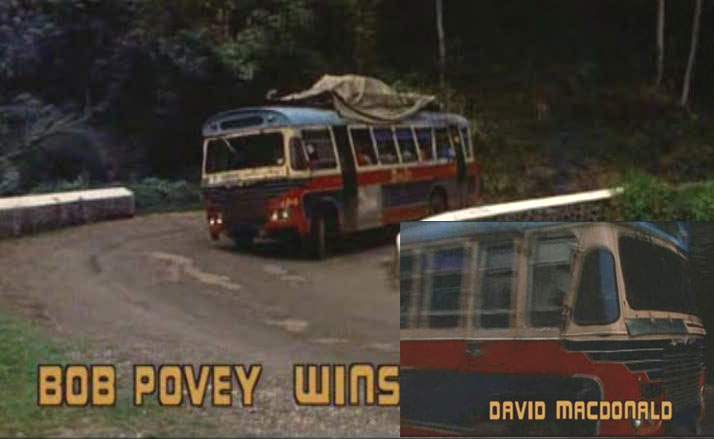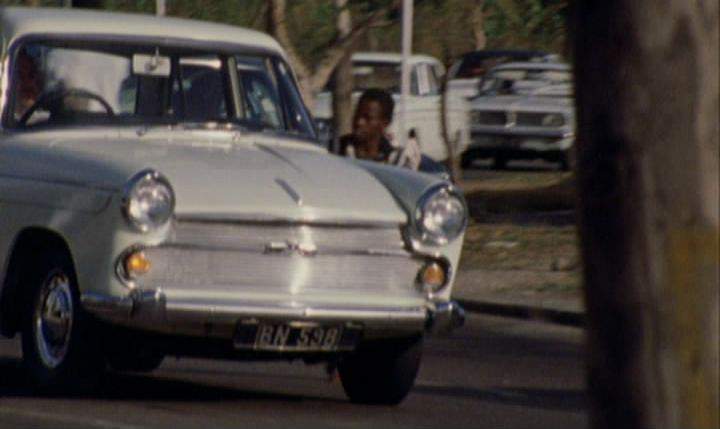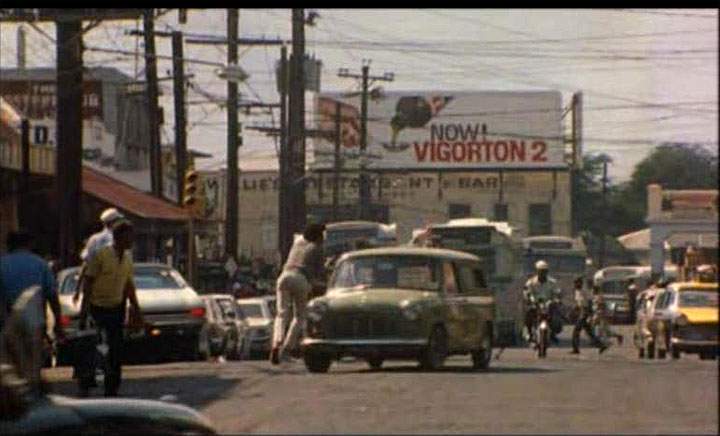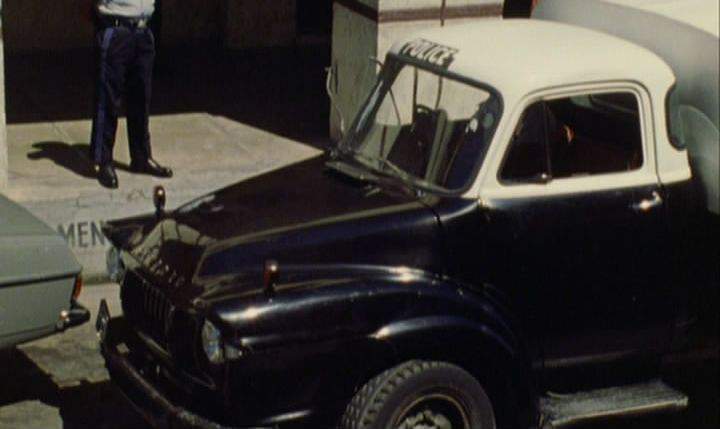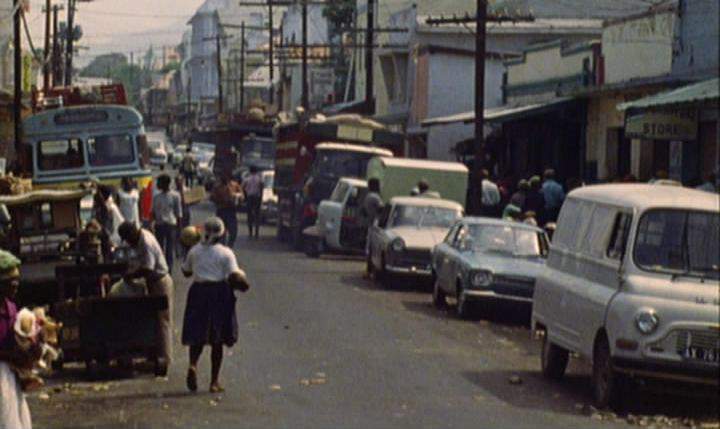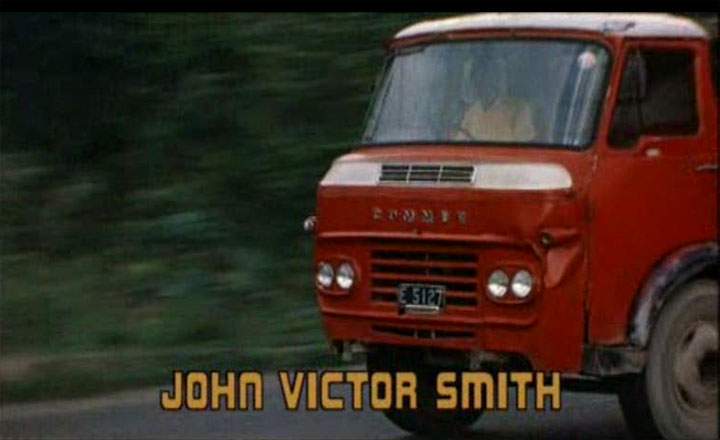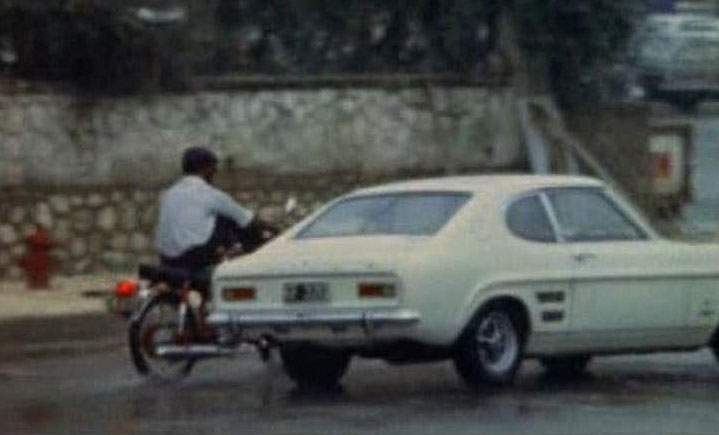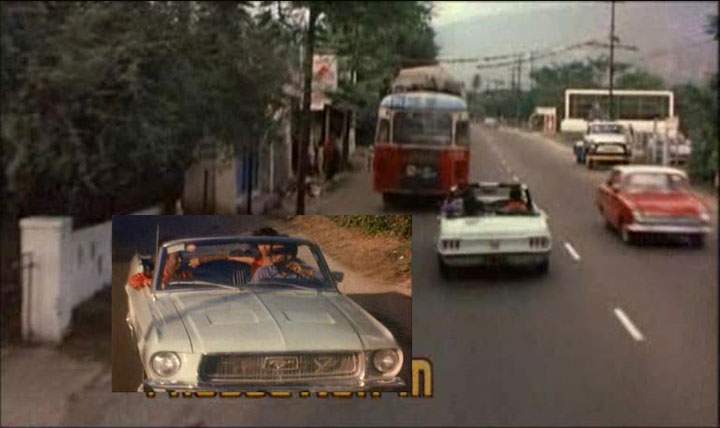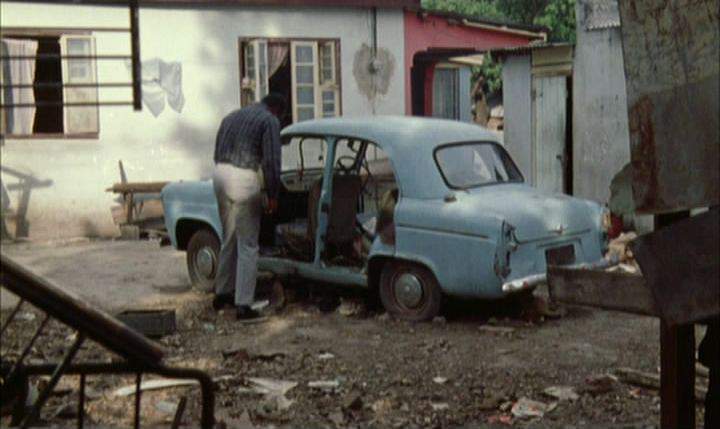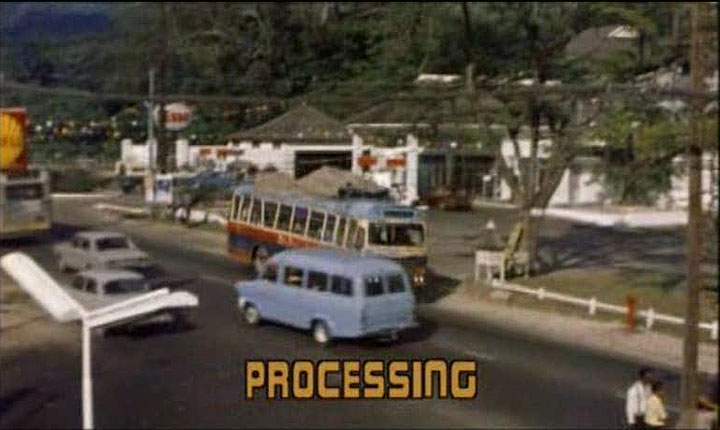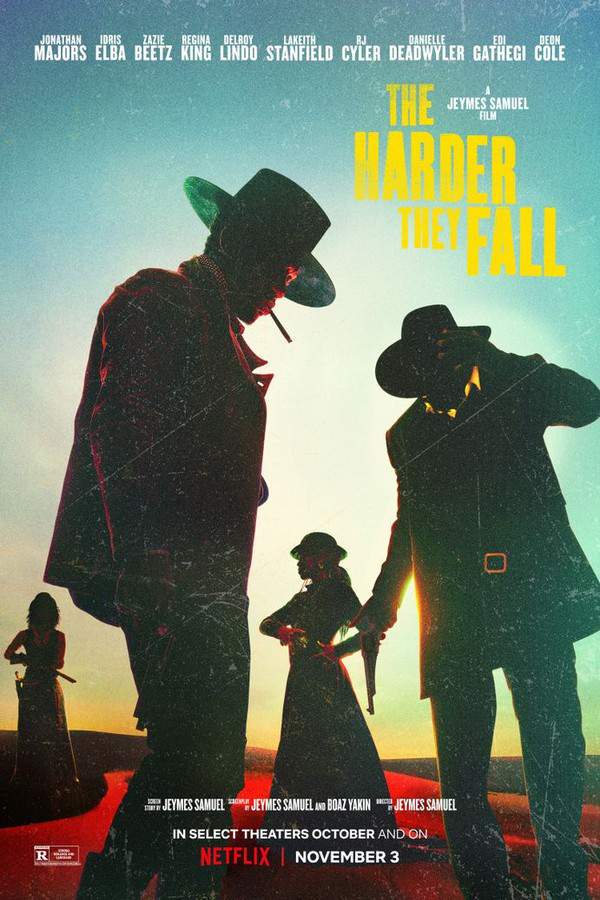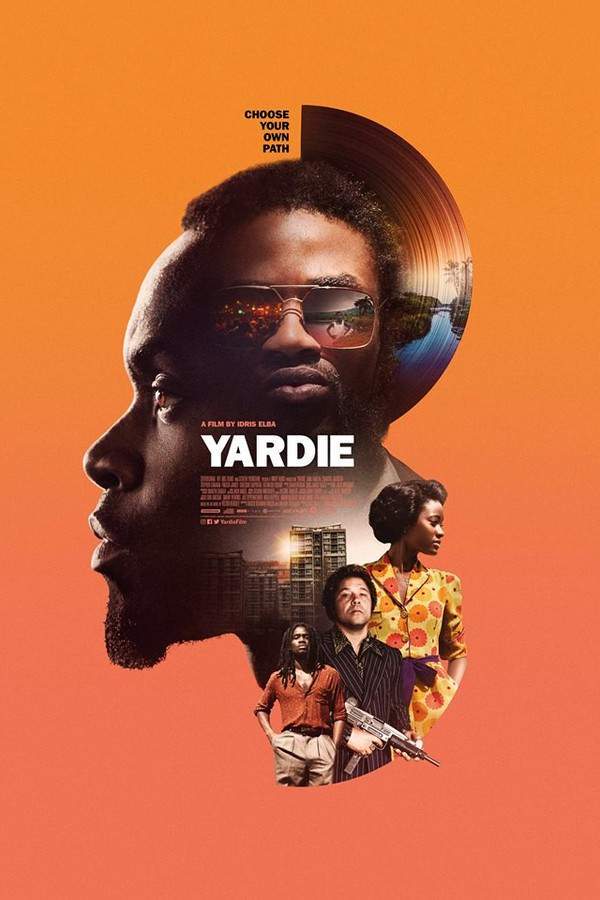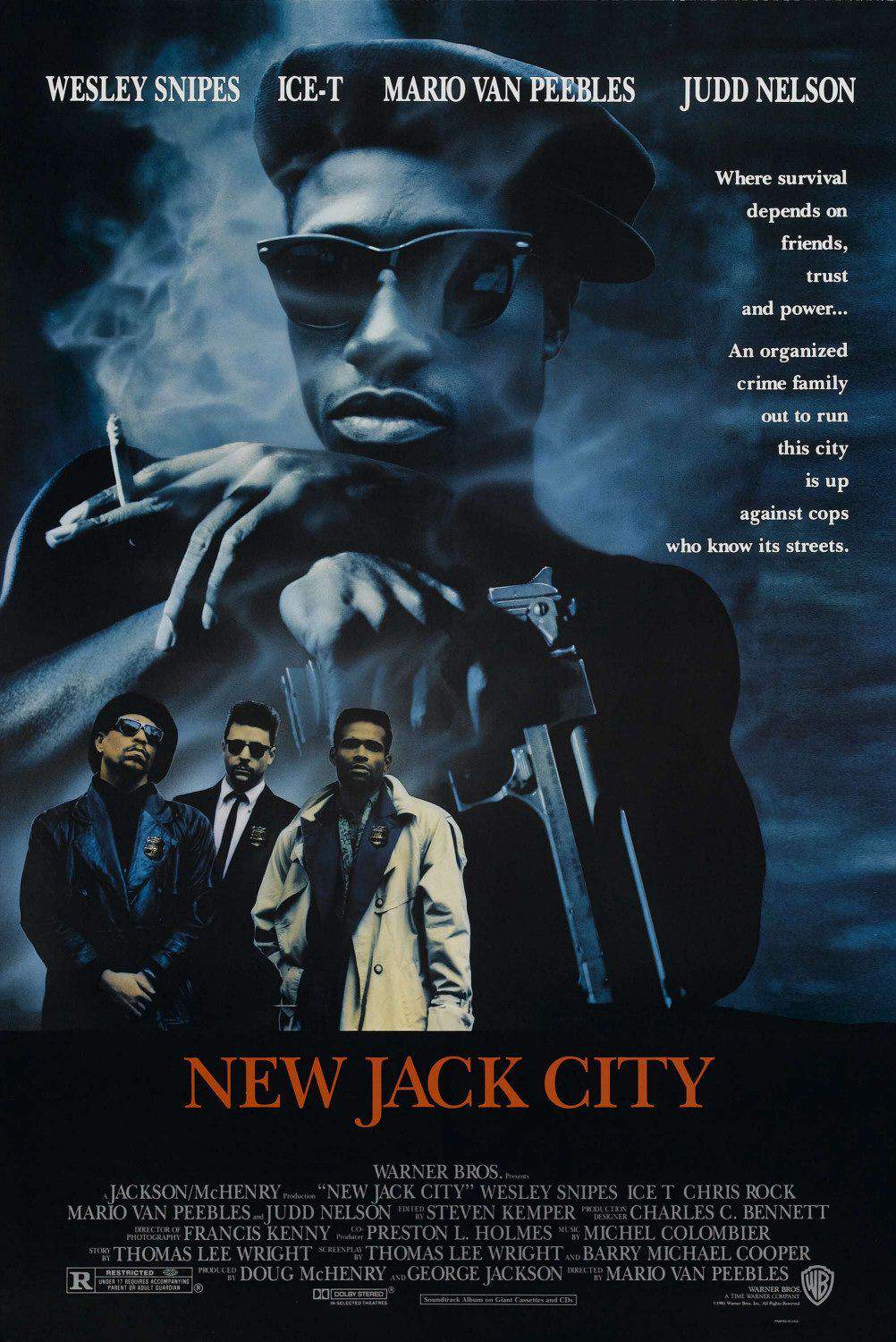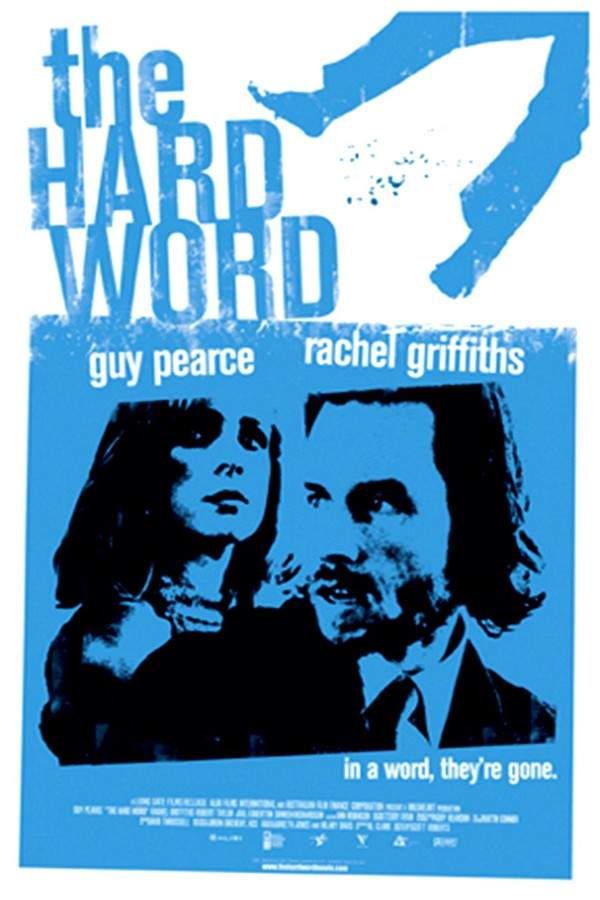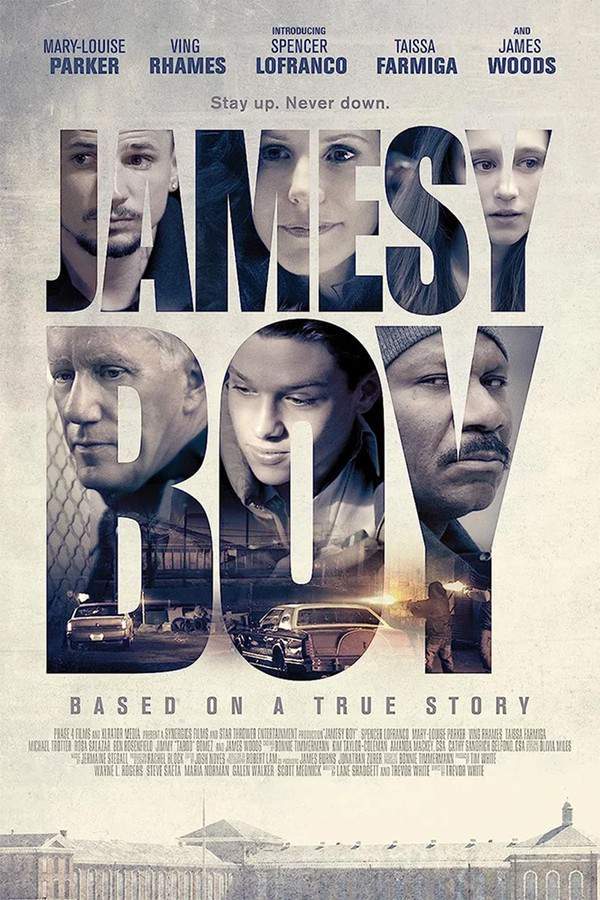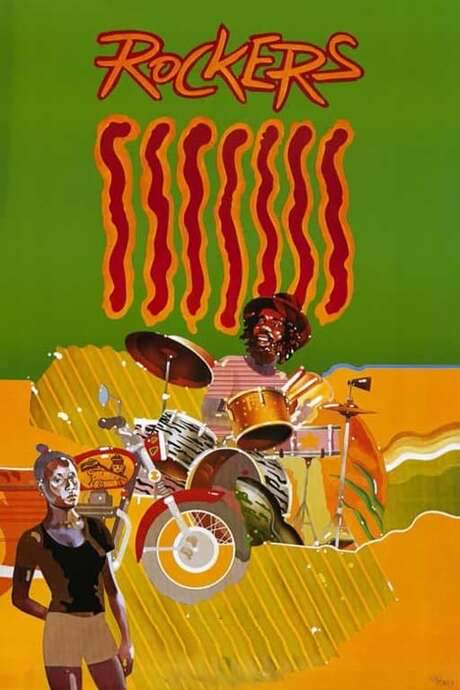The Harder They Come 1973
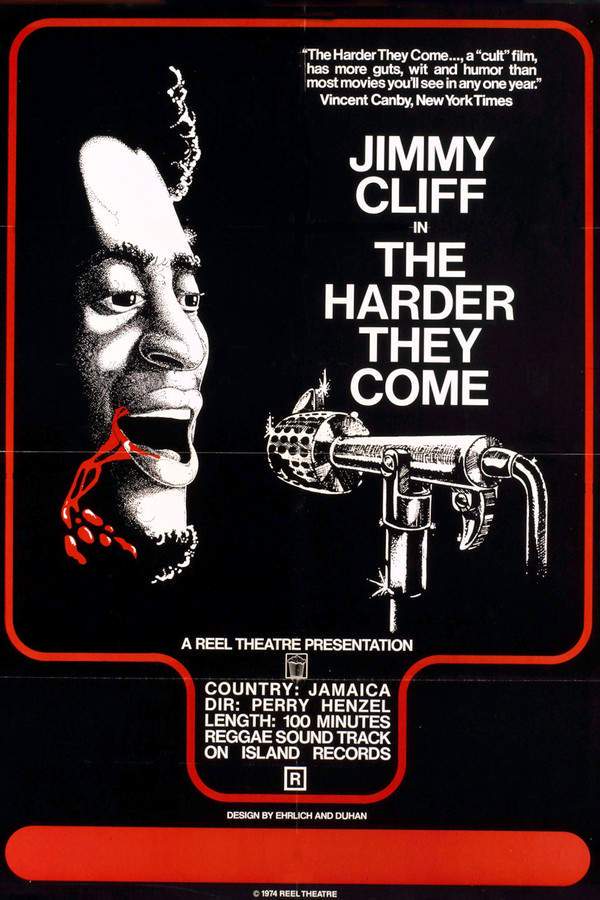
In Kingston, Jamaica, Ivan Jones arrives with dreams of becoming a reggae star. He quickly finds success, captivating audiences with his music and undeniable charisma. However, a tragic incident and a desperate attempt to help a friend lead him down a dangerous path. As his fame grows, so does his notoriety, turning him into a figure of both admiration and fear within the city’s vibrant, yet harsh, environment. He must now confront the consequences of his actions and navigate a world of deceit and violence.
Does The Harder They Come have end credit scenes?
No!
The Harder They Come does not have end credit scenes. You can leave when the credits roll.
Meet the Full Cast and Actors of The Harder They Come
Explore the complete cast of The Harder They Come, including both lead and supporting actors. Learn who plays each character, discover their past roles and achievements, and find out what makes this ensemble cast stand out in the world of film and television.
No actors found
External Links and Streaming Options
Discover where to watch The Harder They Come online, including streaming platforms, rental options, and official sources. Compare reviews, ratings, and in-depth movie information across sites like IMDb, TMDb, Wikipedia or Rotten Tomatoes.
Ratings and Reviews for The Harder They Come
See how The Harder They Come is rated across major platforms like IMDb, Metacritic, and TMDb. Compare audience scores and critic reviews to understand where The Harder They Come stands among top-rated movies in its genre.

77
Metascore
tbd
User Score


90%
TOMATOMETER

82%
User Score

66.0
%
User Score
Take the Ultimate The Harder They Come Movie Quiz
Challenge your knowledge of The Harder They Come with this fun and interactive movie quiz. Test yourself on key plot points, iconic characters, hidden details, and memorable moments to see how well you really know the film.
The Harder They Come Quiz: Test your knowledge about the 1973 film 'The Harder They Come' and its themes, characters, and plot twists.
What prompts Ivan to leave his rural home and move to Kingston?
His grandmother's passing
Desire for city life
Job opportunity
Romantic relationship
Show hint
Full Plot Summary and Ending Explained for The Harder They Come
Read the complete plot summary of The Harder They Come, including all major events, twists, and the full ending explained in detail. Explore key characters, themes, hidden meanings, and everything you need to understand the story from beginning to end.
As Ivanhoe “Ivan” Martin bids farewell to his rural beginnings after his grandmother’s death, he exchanges the tranquility of the countryside for the chaotic streets of Kingston. However, his innocence is quickly taken advantage of by a deceptive street vendor, leaving him broke and forcing him to face the unforgiving realities of urban life. Despite his mother’s cautionary words about the struggles ahead, she remains hopeful that Ivan might find guidance from a local Christian preacher.
Ivan’s encounter with José propels him onto a journey that leads him to Django, a gritty Spaghetti Western that sparks a sense of wonder in the heart of this small-town lad. As he maneuvers through the challenges of city life, Ivan desperately seeks stable employment, only to encounter a series of rejections from potential jobs. In this climate of disappointment and disillusionment, he turns to the preacher his mother had recommended, searching for a sense of purpose.
However, his experience at the church is mixed; while he performs menial tasks, the constant supervision of Longa, an older church worker, serves as a reminder of his limited prospects. At the same time, he becomes enamored with Elsa, the preacher’s ward, who captivates him romantically. Yet, their budding romance faces scrutiny from suspicious church members concerned that the preacher might have ulterior motives regarding Elsa, which strains the relationship between Ivan and the preacher.
In an attempt to break free from the monotony of his routine, Ivan immerses himself in creative projects, building a bicycle from an abandoned frame and delivering a recording to Hilton, a notable music producer. Although Hilton’s response is underwhelming, Ivan remains undaunted, using Elsa’s borrowed key to sneak into the chapel at night to practice his secular audition piece.
The preacher’s discovery of Ivan’s secret activities triggers a series of events, culminating in Ivan’s expulsion from the church and a savage beating from the authorities. Following this harrowing experience, Ivan teeters on the edge of despair, finding solace in his relationship with Elsa and a renewed resolve to chase his musical aspirations.
Ivan’s career takes a turn when he records his song, “The Harder They Come,” at Hilton’s studio. Yet, it soon becomes evident that Hilton has no interest in promoting him as an emerging talent. Instead, he opts to keep Ivan’s music sidelined, utilizing his extensive network to stifle the young musician’s visibility. As Ivan navigates this complex and often harsh music industry landscape, he must confront the grim truth about his dreams and decide whether to persevere or settle for a more secure, albeit unfulfilling, life.
Meanwhile, while Elsa struggles to find steady work and remains homebound, she watches in despair as Ivan spirals further into chaos. Celebrating the release of José’s song momentarily uplifts Ivan, but soon he finds himself embroiled in Kingston’s murky marijuana trade. Unbeknownst to him, José’s connections are extensive, protected by a corrupt detective named Jones, who keeps drug operators safe from arrest.
Ivan’s innocence faces a stern test when he is offered a pittance for his work, leading him to acquire guns for his self-defense. Oblivious to the danger, he walks into a trap laid by José and Detective Jones, culminating in a confrontation where he shoots and kills a police officer in self-defense.
As Ivan’s criminal exploits gain attention, he becomes increasingly brazen, boasting to Elsa about his notoriety. However, his newfound fame is fleeting; he finds himself on the run after engaging in a deadly shootout with the police, where he takes down three officers.
Upon returning home, Ivan shares his chaotic tales with Elsa, who is both horrified and captivated. He then seeks vengeance on José, resulting in a tragic incident where he kills José’s girlfriend in a rage before failing to eliminate José himself.
In a strange twist, Hilton seizes upon Ivan’s infamy by turning his song into a radio sensation, much to Ivan’s dismay. Undeterred, he attempts to leverage his notoriety by sending the press photos of himself flaunting his weapons and reveling in his outlaw persona.
As Ivan’s infamy spreads, the police ramp up their efforts to apprehend him. Detective Jones dismantles the protection racket temporarily, starving the community of drug money and pressuring other dealers to turn Ivan in. He also coerces the media to shun Ivan, effectively banning his song from the radio.
Ultimately, Ivan’s luck runs out during a bloody shootout, leaving him injured and desperate. His close friend Pedro offers refuge and suggests a flight to Cuba, but the community’s desperation for their drug money mounts. Elsa, in her turmoil, chooses to cooperate with the police, revealing Ivan’s plans to escape.
In a last-ditch effort, Ivan plunges into the sea towards a ship destined for Cuba, but his strength wanes, and he collapses on the shoreline. Upon regaining consciousness, he’s confronted by a police assault team, the scene interspersed with the sounds of a movie audience cheering for Ivan, almost as if he were a heroic figure. Armed and ready, Ivan emerges from his hiding spot, only to be gunned down in a storm of bullets.
As the film concludes, a poignant scene unfolds: a solitary female figure captivates the audience with her fluid and sensual dance, embodying the spirit of Ivan’s poignant melody. With each graceful movement, she seems to unlock a profound yearning, as if the music has liberated something deep within her. The camera focuses on her face, her eyes closed in ecstatic abandon, as Ivan’s haunting tune envelops her like a delicate shroud. In this moment, the lines between reality and fantasy blur, leaving viewers with a deep longing for the protagonist’s freedom and joy. As the music softly fades, the woman’s dance signifies empowerment, showcasing the transformative essence of art and the resilience of the human spirit.
Uncover the Details: Timeline, Characters, Themes, and Beyond!

Coming soon on iOS and Android
The Plot Explained Mobile App
From blockbusters to hidden gems — dive into movie stories anytime, anywhere. Save your favorites, discover plots faster, and never miss a twist again.
Sign up to be the first to know when we launch. Your email stays private — always.
Watch Trailers, Clips & Behind-the-Scenes for The Harder They Come
Watch official trailers, exclusive clips, cast interviews, and behind-the-scenes footage from The Harder They Come. Dive deeper into the making of the film, its standout moments, and key production insights.
Cars Featured in The Harder They Come
Explore all cars featured in The Harder They Come, including their makes, models, scenes they appear in, and their significance to the plot. A must-read for car enthusiasts and movie buffs alike.
The Harder They Come Themes and Keywords
Discover the central themes, ideas, and keywords that define the movie’s story, tone, and message. Analyze the film’s deeper meanings, genre influences, and recurring concepts.
The Harder They Come Other Names and Titles
Explore the various alternative titles, translations, and other names used for The Harder They Come across different regions and languages. Understand how the film is marketed and recognized worldwide.
Similar Movies To The Harder They Come You Should Know About
Browse a curated list of movies similar in genre, tone, characters, or story structure. Discover new titles like the one you're watching, perfect for fans of related plots, vibes, or cinematic styles.
Quick Links: Summary, Cast, Ratings, More

What's After the Movie?
Not sure whether to stay after the credits? Find out!
Explore Our Movie Platform
New Movie Releases (2025)
Famous Movie Actors
Top Film Production Studios
Movie Plot Summaries & Endings
Major Movie Awards & Winners
Best Concert Films & Music Documentaries
Movie Collections and Curated Lists
© 2025 What's After the Movie. All rights reserved.














